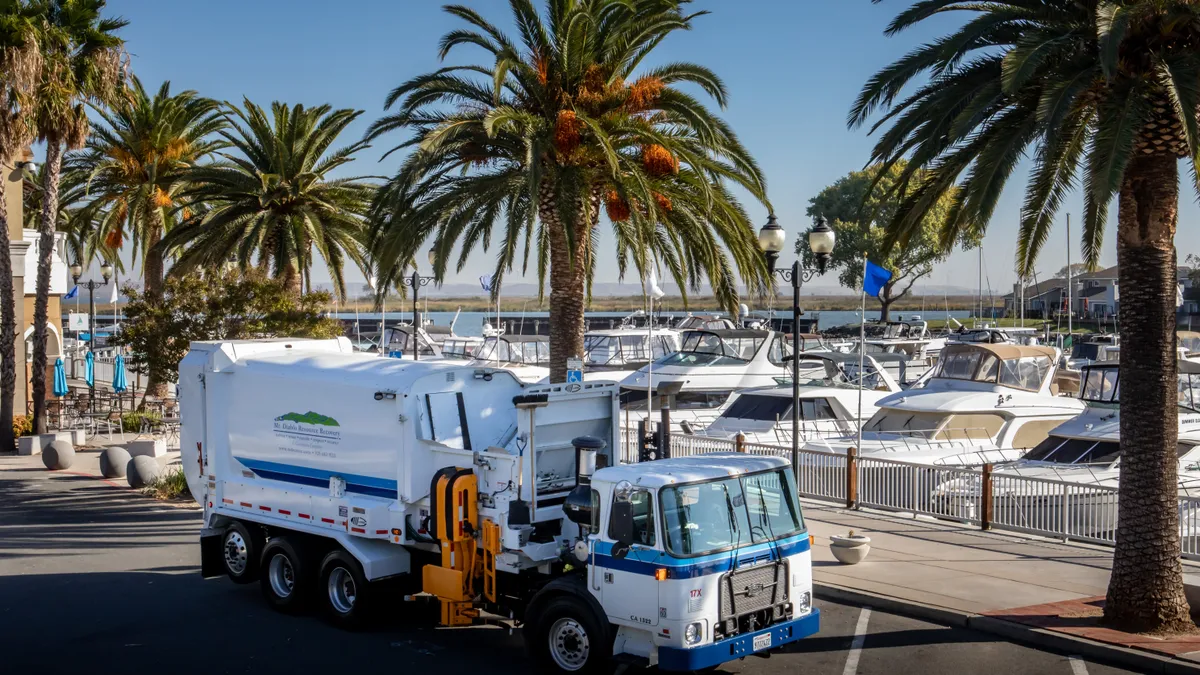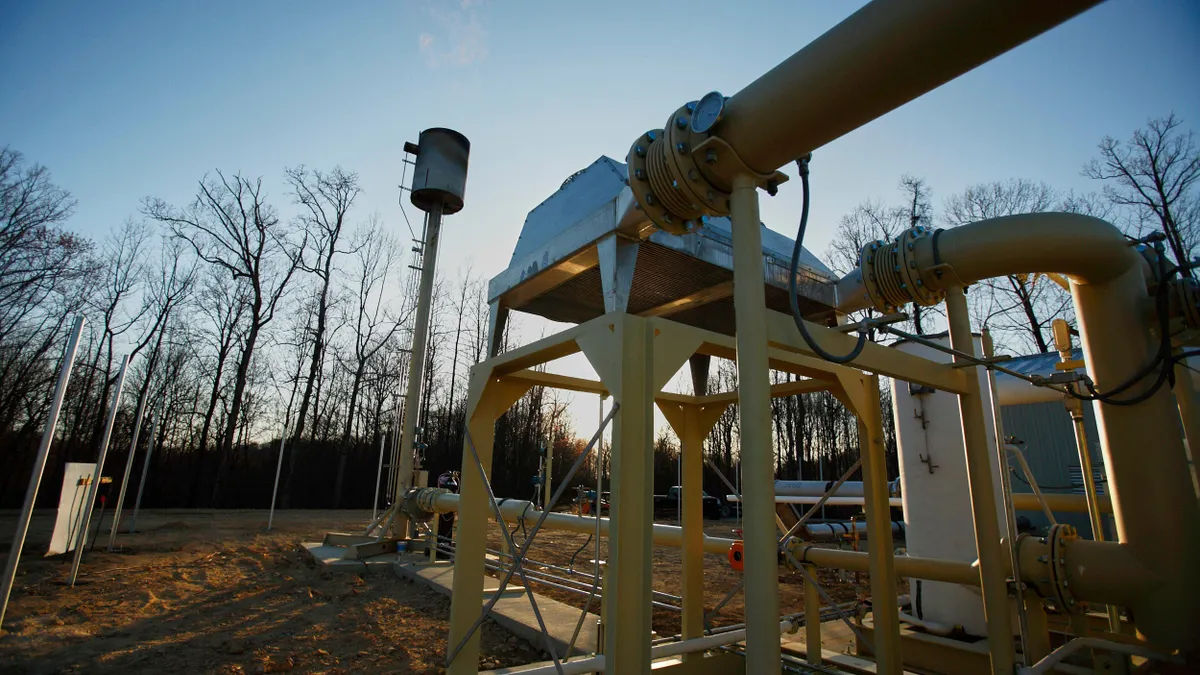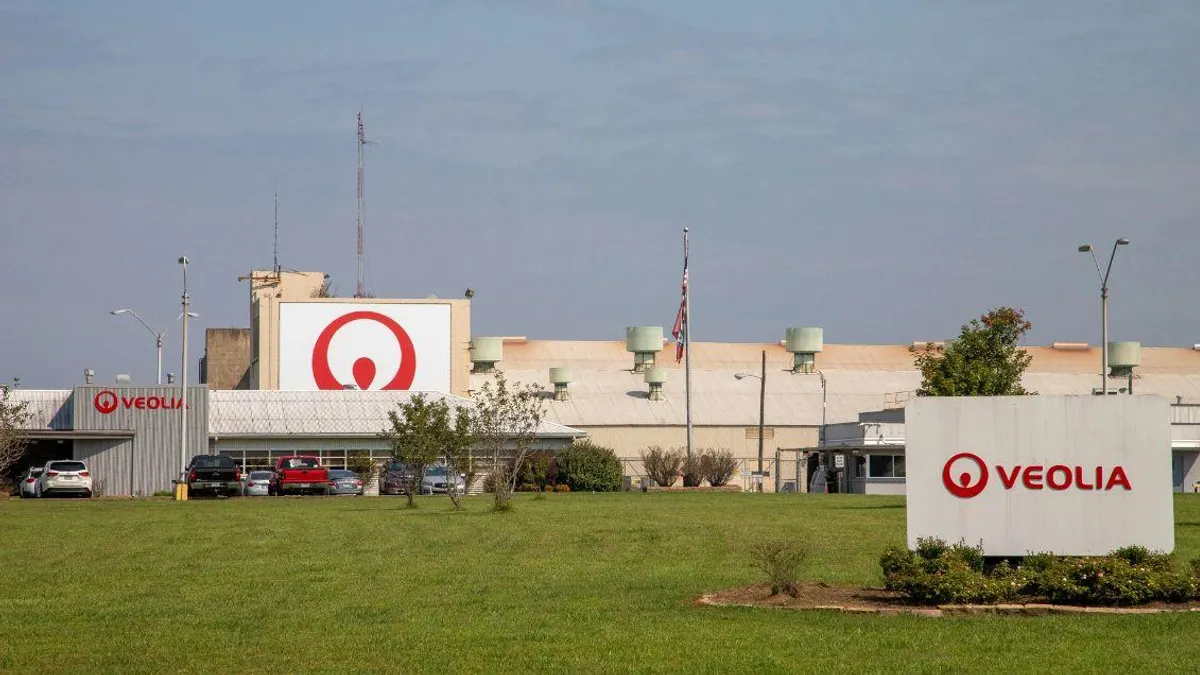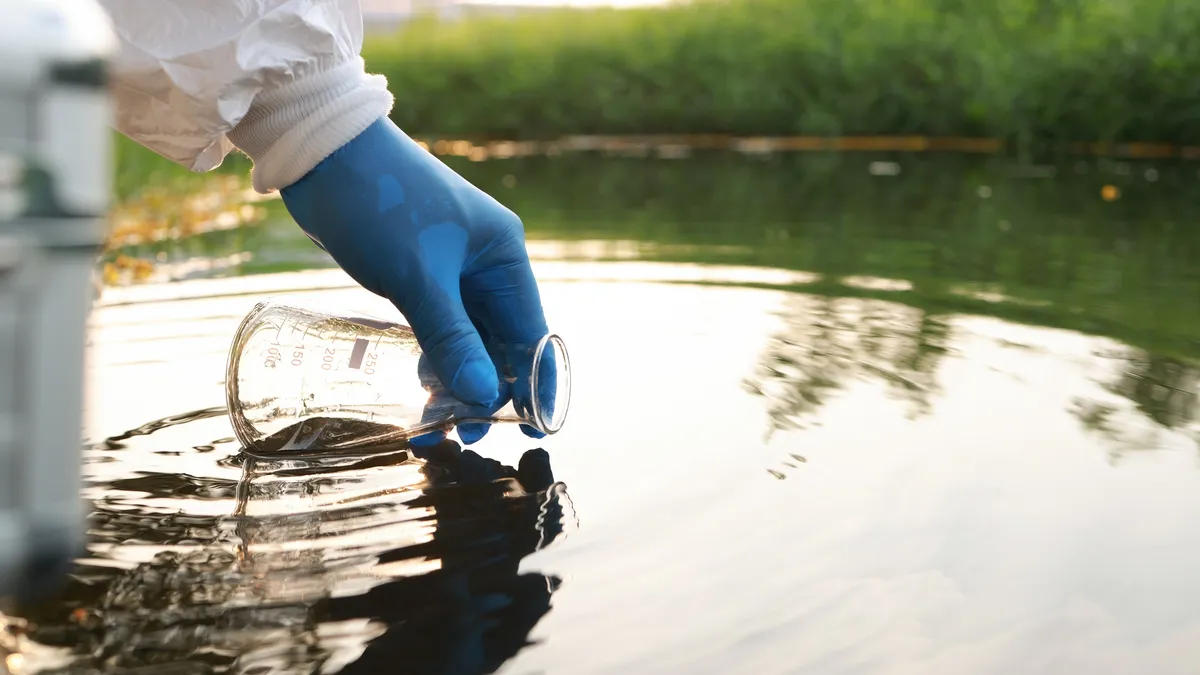Mt. Diablo Resource Recovery, a private waste company based in the San Francisco Bay area, became the first entity to achieve recognition for its sustainability practices from the Solid Waste Environmental Excellence Performance standard, or SWEEP. The certification required Mt. Diablo to analyze its business in five different categories: policy, data, collection, recovery and disposal.
“We are really committed to running a modern, forward-thinking business committed to sustainable practices,” said Kish Rajan, CEO of Mt. Diablo. “We like the idea that we’re the first company to get this certification.”
SWEEP, which recognizes public and private solid waste and recycling entities, was founded by Rob Watson, a sustainability expert who also created the LEED standard for buildings. Along with the leadership of SWEEP Executive Director Natasha Dyer, who has worked in the zero waste space for several years, the standard has grown from a concept to a program with an online tracker to measure businesses’ and municipalities’ sustainable practices. The standard’s first cohort of entities pursuing certification is now exiting the pilot phase and helping SWEEP iron out any final kinks in the way it assesses solid waste practices.
“I think for companies that are committed to process improvement internally, they’re committed to getting a good solid look through a rigorous examination of their practices across the board. If they’re interested in that and the feedback that’s going to come… I would say that my experience has been totally worth it,” Rajan said.
Mt. Diablo serves an area of the east San Francisco Bay area with about 300,000 residents, Rajan said. The company operates a fleet of more than 125 vehicles that provide residential and commercial collection. Mt. Diablo also runs a transfer station in Pittsburg, California, that has a recycling process operation and accepts C&D and organics. All told, the facility processes up to 1,500 tons per day of those materials combined.
Bart Miller, director of environmental health and safety at Mt. Diablo, led the company’s efforts to achieve SWEEP certification. He said the process was “eye opening,” allowing him to gain new insight into the practices his company already employed. For instance, he noted Mt. Diablo’s vehicle fleet runs on renewable biodiesel, which earned the company credit in the certification process. The company also instructs visitors not to idle their cars while waiting at the transfer station.
“What we've trained our customer-facing workers to do at these transfer stations is, if a person is idling, just go over and say, ‘Hey, it'll just be a minute, could you turn off your vehicle?’” Miller said. “By doing little things like that, we’re getting SWEEP credits because it's controlling the carbon footprint.”
Miller is among several sustainability experts providing feedback to SWEEP as it determines what practices qualify and how rigorous the standard-maker wants to be before allowing a public or private entity to qualify for certification. Notably, Solid Waste Association of North America technical committee experts also provided feedback, along with the other members of Mt. Diablo’s cohort piloting the certification process.
Watson envisions the standard as a way to get more the solid waste sector entities to share data and best practices. Through the process of developing the SWEEP standard, he’s learned that haulers often neglect to provide any data on collections, disposal and recovery that they aren’t required to share in their contracts with public entities.
“A lot of these [public authorities] can't even get their private sector haulers to call them back, let alone get them to participate,” Watson said.
To better coordinate that data-sharing, this year SWEEP plans to launch a training program for professionals looking to assist entities that are seeking certification. Those professionals would serve as outside consultants for a company like Mt. Diablo or its home city of Pittsburg, and they would gain experience finding information on materials management data and practices.
Watson hopes those professionals will break down the “silos” that currently exist in the world of sustainable materials management.
“That's why we're going to have the SWEEP professional who can walk around between the departments because, for whatever reason, very few of these people talk to each other. Mt. Diablo was an exception. They were really collegial [with Pittsburg], but we have yet to see that anywhere else,” Watson said.
Miller said having such a consultant would have eased the certification process. He also said that “leaning into the wind” and coordinating with Pittsburg during the certification process allowed both to create a good baseline of their practices that they can use for recognition.
Miller doesn’t anticipate stopping with that baseline. Mt. Diablo is also looking into new practices it can undertake to achieve a higher certification from SWEEP. In particular, the company is exploring electric vehicles, identifying the carbon footprint of its vendors and bringing its C&D waste management operation indoors.
SWEEP also will evolve this year. The program is actively gathering its second cohort for the standard. It’s also building out the training program for assessors, for which Watson plans to allow existing trainings from SWANA or the National Waste & Recycling Association to count in the spirit of collaboration.
“We hope there will be a lot of cross-pollination between programs. We’re not necessarily going to compete with them," Watson said.



















